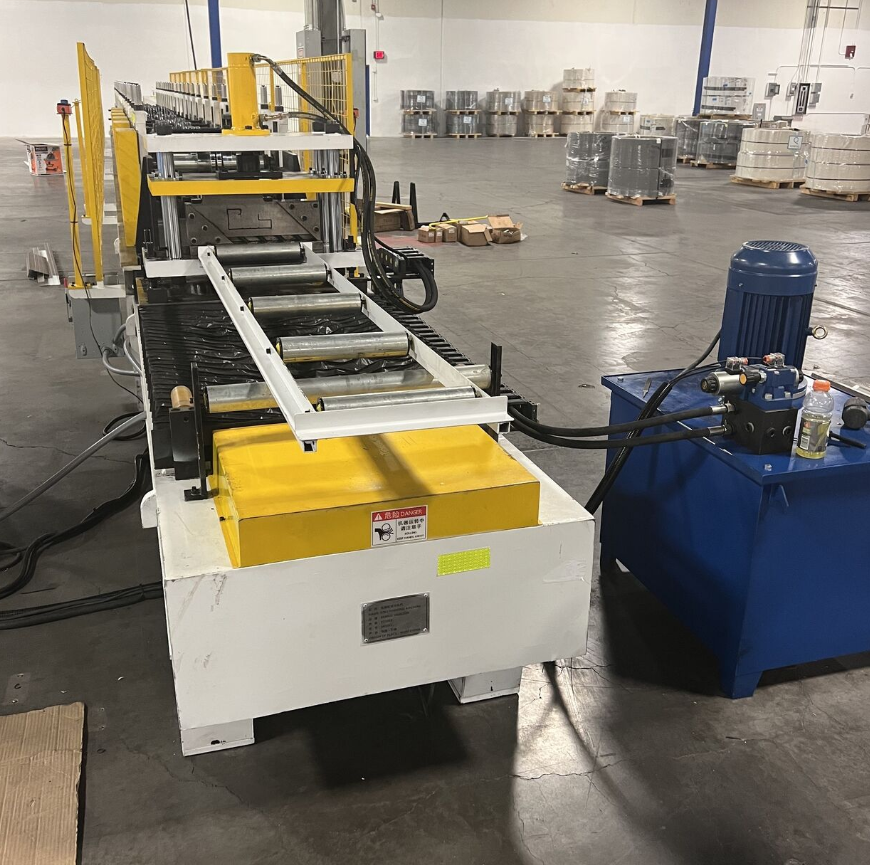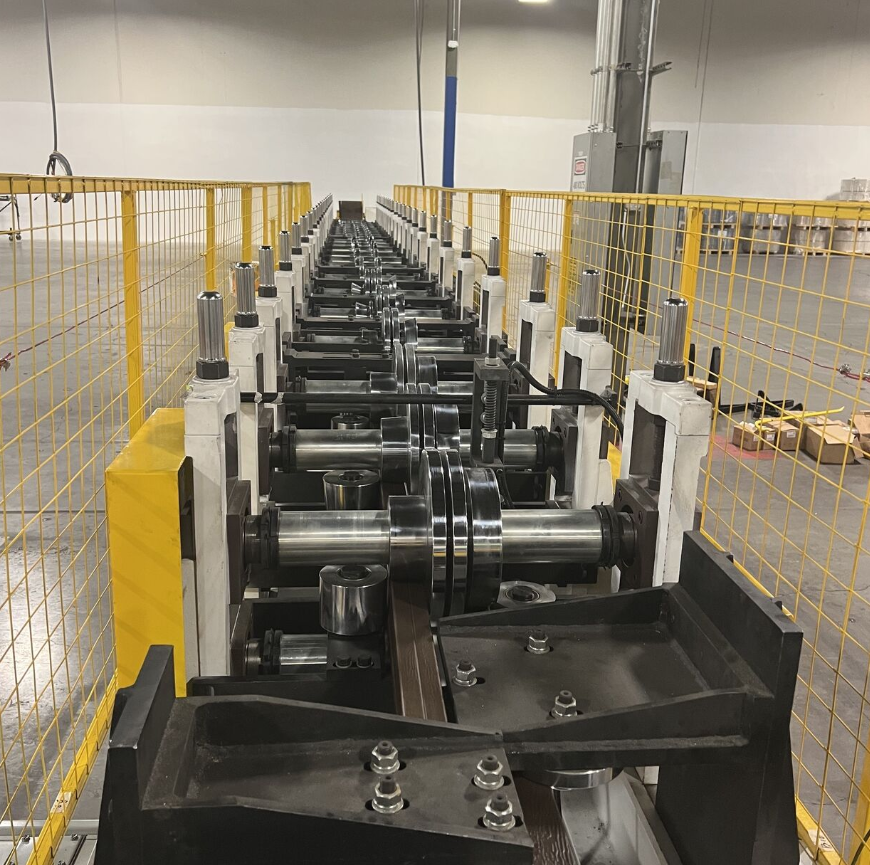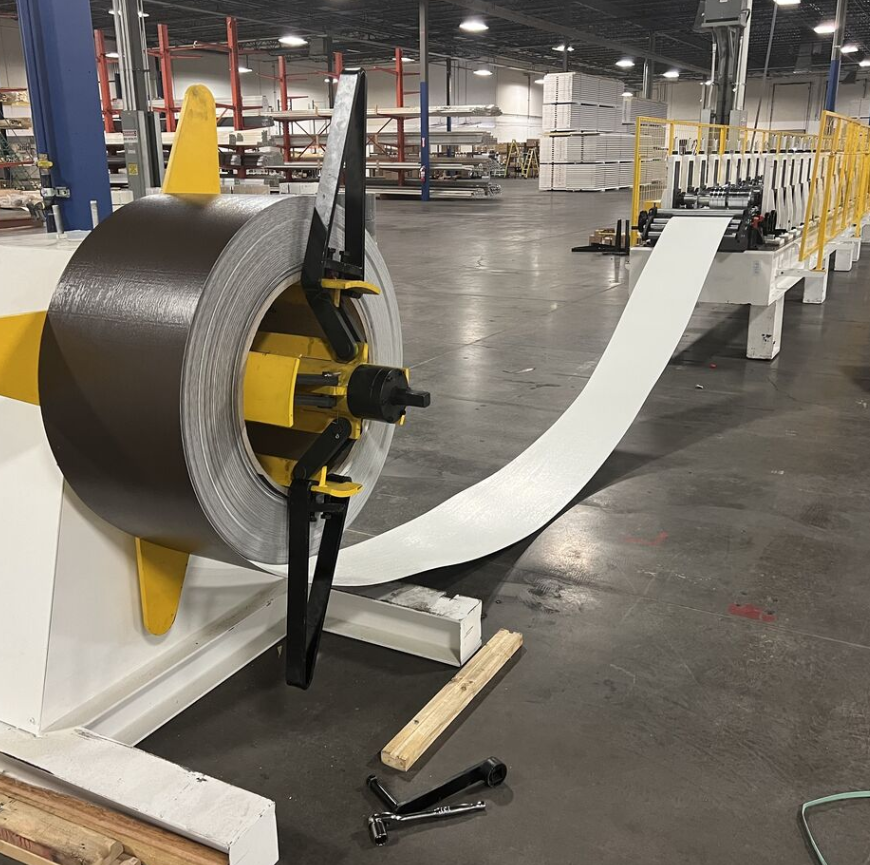To express an interest in this machine please submit the form below.

Not Sure What Machine You Need?
Select Your Profile, We'll Match It
Choose your desired profile drawing, and let Machine Matcher connect you with the best roll forming machine tailored to your needs.
Browse Profiles



Metal roof fascia roll forming machines are a crucial tool in the metal roofing industry, enabling manufacturers to produce precise fascia profiles that protect roof edges and enhance aesthetics. Designed for efficiency and accuracy, these machines cater to the increasing demand for durable, high-quality metal fascia products in the USA.
A metal roof fascia roll forming machine is an advanced piece of equipment designed to transform metal coils into fascia profiles with consistent accuracy and finish. These machines are built to handle a variety of materials, including galvanized steel, aluminum, and pre-painted steel, ensuring versatility across different construction projects.
Key features include high-speed operation, automated cutting, and a programmable control system that enables customization of profile dimensions. This machine reduces production time, minimizes material waste, and delivers high-quality profiles suitable for residential, commercial, and industrial roofing systems.
Q1: What types of materials can the machine process?
A1: The machine can process galvanized steel, aluminum, and pre-painted steel, with material thicknesses ranging from 0.4 mm to 1.2 mm.
Q2: How fast does the machine operate?
A2: The machine operates at speeds of 20-30 meters per minute, depending on the complexity of the fascia profile.
Q3: Can the machine be customized for different fascia profiles?
A3: Yes, the PLC control system allows customization for a wide range of profile widths and heights.
Q4: What safety features are included?
A4: The machine includes protective guards, emergency stop buttons, and an enclosed design to ensure operator safety.
Q5: What is the average power consumption of the machine?
A5: The main motor consumes 7.5 kW to 11 kW, while the hydraulic station requires approximately 4 kW.
Q6: Is on-site installation support available?
A6: Many manufacturers provide on-site installation and training support to ensure proper setup and operation.
Q7: What industries commonly use this machine?
A7: The machine is widely used in residential, commercial, and industrial construction for manufacturing durable and aesthetic roof fascia profiles.
Q8: Can the machine be upgraded with additional features?
A8: Yes, optional features such as automatic stackers, remote PLC systems, and advanced uncoilers can be added.
Copyright 2026 © Machine Matcher.